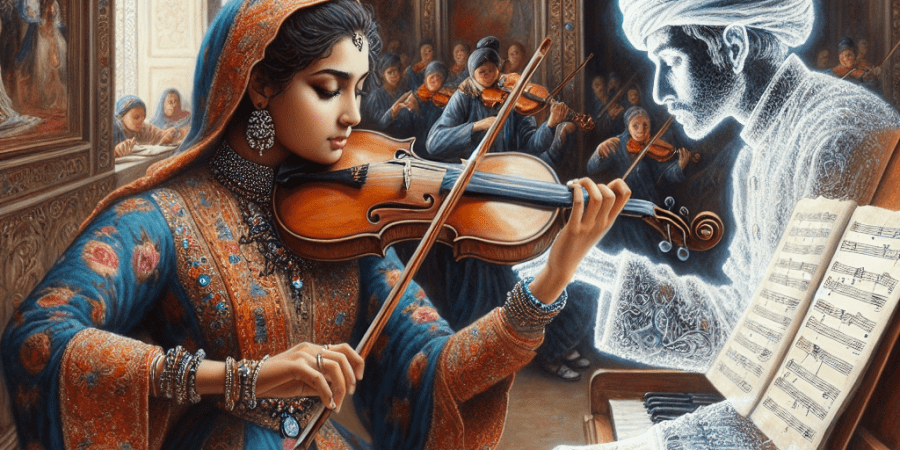The Role of Classical Training in Shaping Modern Musicians
In today’s fast-paced music industry, the influence of classical training on modern musicians stands tall as a beacon of refined skill, emotional depth, and technical prowess. As we immerse ourselves in the vast ocean of contemporary genres, it becomes apparent that the roots of classical music continue to nurture and guide talented artists. This blog aims to explore the pivotal role that classical training plays in shaping the artists of today.
The Foundation of Musical Mastery
Classical training provides musicians with a solid foundation in music theory, technique, and discipline. This rigorous training helps musicians understand the complexities of music composition and the nuances of musical expression. Here’s why classical training is critical:
- Technical Proficiency: Classical training involves extensive practice routines that hone a musician’s technical skills. Mastery over scales, arpeggios, and various fingering techniques enhances their ability to play complex passages smoothly.
- Musicality and Expression: The emphasis on dynamics, phrasing, and articulation in classical music instills a deep sense of musicality in students, allowing them to convey emotions with precision.
- Discipline and Persistence: The structured nature of classical training ingrains a sense of discipline and persistence, essential attributes for success in any musical genre.
Bridging the Gap Between Classical and Modern Music
Modern musicians often blend classical elements with contemporary styles to create unique and innovative sounds. This fusion of genres not only showcases the versatility of artists but also keeps classical techniques alive in popular music. For instance:
- John Legend: With classical piano training, John Legend crafts soulful melodies that resonate worldwide. His classical roots are evident in his intricate piano accompaniments and sophisticated compositions.
- Freddie Mercury: The legendary frontman of Queen, Freddie Mercury, had a background in classical piano, which contributed to the band’s complex harmonic structures and versatile performances.
- Björk: An avant-garde artist, Björk incorporates her classical training into her experimental soundscapes, creating music that transcends conventional boundaries.
The Modern Musician’s Toolkit
While some may argue that classical training is outdated in today’s digital era, it actually equips musicians with an indispensable toolkit. Understanding classical music provides a deeper comprehension of musical architecture, allowing artists to innovate while respecting traditional frameworks. Moreover, classical training opens doors to diverse opportunities, from composing film scores to arranging orchestral pieces. For those exploring diverse musical content, discovering the Popular Music Channels on Telegram can offer a plethora of inspiration and insight into how modern musicians utilize their classical roots.
Conclusion
Classical training is more than a mere relic of the past—it is the cornerstone upon which the edifice of modern music is built. Musicians who embrace their classical education possess a unique edge, blending time-honored techniques with contemporary flair. As the music landscape continues to evolve, the threads of classical music will undoubtedly remain woven into the fabric of artistic expression, guiding and shaping the musicians of tomorrow.
Next time you listen to your favorite piece, take a moment to appreciate the classical influences that have subtly molded it into the masterpiece it is. And why not explore some Top Music Telegram Channels? You’ll find a treasure trove of rich, varied content that highlights the enduring impact of classical training on today’s vibrant music scene.
